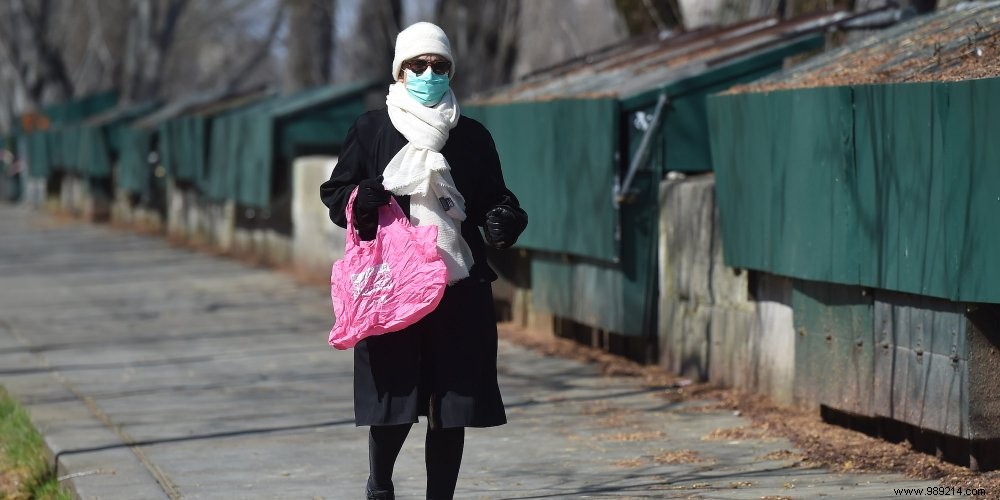 After discrediting widespread mask-wearing for weeks, the government is making it compulsory in some cases from the May 11:in public transport, but also in schools, colleges and high schools for teachers and for college students from the 6th.
After discrediting widespread mask-wearing for weeks, the government is making it compulsory in some cases from the May 11:in public transport, but also in schools, colleges and high schools for teachers and for college students from the 6th. As the time for gradual and slow deconfinement approaches, currently scheduled for May 11, the question arises of the health measures that will be taken to ensure the safety of the French. Also, will masks become mandatory?
The government has decided that this will not be the case universally, but has foreseen many situations where it will be imperative to wear one.
During the presentation of the deconfinement plan to the National Assembly on April 28, Prime Minister Edouard Philippe announced compulsory wearing in public transport from May 11.
According to Le Parisien , the obligation to wear a mask in transport would have become "a certainty", and all that is missing is its formalization. This is currently the only circumstance where wearing a mask would be made compulsory after May 11.
For their part, the SNCF and Air France have asked the government to make the mask compulsory on board their trains and planes, but it has yet to decide on this subject.
Before the National Assembly, Edouard Philippe announced that wearing a mask will be compulsory for early childhood professionals and adults in contact with students , from kindergarten to high school, but also for middle and high school students .
From May 11, teachers will have two masks per day, provided by town halls. CM1 and CM2 students will be able to wear masks if their parents wish. Masks are however prohibited for pupils in elementary school (primary and kindergarten), who would risk choking with them.
Gradually, the State ended up recognizing that masks should be reserved primarily for patients and caregivers, not because they would be useless to others, but because France is in shortage of masks .
To overcome this, the executive announced the massive arrival of cargoes from different countries , including a billion masks from China. While companies like LVMH have announced that they want to start manufacturing “millions of masks”, after having mass-produced hydroalcoholic gel. A factory to produce 500,000 masks per day was also built in record time in Seine-Saint-Denis.
For its part, the survey site Mediapart revealed on April 2 how the state arranged its discourse on the usefulness of the mass wearing of masks , since January, in order, precisely, not to admit this shortage which has arisen despite the numerous alerts from the hospital environment.
"The government hid this shortage for almost two months and, depending on stocks, has adapted its health instructions on wearing a mask, summarizes Mediapart at the start of its long investigation. At the end of February, the director general of health recommended a mask for anyone in contact with a Covid carrier. A month later, the spokesperson for the executive declared that it was useless..."
"At the end of January and the beginning of February, the Ministry of Health, aware of the low state stocks, decided to order only a very small quantity of masks, despite internal alerts, also writes Mediapart . The material also took several weeks to arrive."
The investigation site also reveals the fiasco around the interministerial mission created for the purchase of masks:"During the first three weeks of March, the cell was only able to obtain 40 million masks, the equivalent of one week of consumption at the current constrained rate."
The Radio France investigation unit has demonstrated how the state allowed the closure of the largest mask factory in the country in 2018 – it produced up to 200 million per year – after the takeover of a large American group. Plant that could be restarted, two projects are being evaluated at the beginning of May.
Read also: